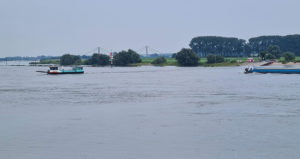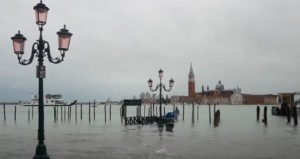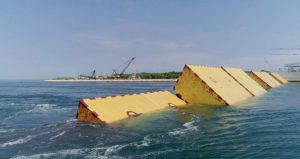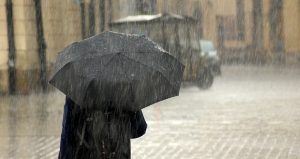EU experts at work in flood hit Macedonia
-
Editorial Team
Share article:
European experts are helping in Macedonia after the deadly floods in the Skopje area on 6 August. Major flash floods struck the area when 93 mm of rain fell in 3 hours. The floods caused 22 deaths, many injuries and over one thousand people had to be evacuated. This week the European Commission also provided 150,000 euro to cover basic humanitarian needs like food and water.
“We have increased our assistance to provide basic humanitarian needs such as food and water”, said Christos Stylianides, EU Commissioner for Humanitarian Aid and Crisis Management in a statement posted on the website of the European Commission.
Local floods
At least 3,500 homes in several districts of the capital Skopje were flooded by torrential rain. the worst affected areas are the villages of Stajkovci and Aračinovo, as well as Skopje’s suburbs of Butel, Cento and upper Lisice. Flooding was extremely localised, affecting areas north and north east of Skopje.
Help is needed
After the disaster Macedonia asked the EU for help through the EU’s Civil Protection Mechanism which facilitates the cooperation among 34 European state (EU-28 plus non-EU Macedonia, Montenegro, Serbia, Turkey, Iceland, and Norway). Last week the EU sent a team of experts to assess the damage inflicted on the water and sewage systems and to make recommendations. Austria, the Czech Republic, Greece, Hungary, Serbia and Slovakia also provided emergency relief items.
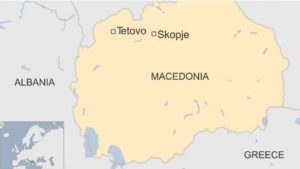
In August 2015 the city of Tetovo, north of Skopje, was also hit by flash floods.
Second year of flooding in Macedonia
In August 2015 the North of Macedonia was also badly hit by flooding. Flash floods around the city of Tetovo killed at least four people, including three children, and injured about a dozen more, officials say. The mayor of Tetovo Teuta Arifi said in 2015 the rainstorm that hit Tetovo was the worst in 30 years. This August the rainstorms in the North of Macedonia even got worse.
Effects of climate change
Also in 2026 climate change set new records in Europe. Higher temperatures, rising sea levels and less sea ice in the Arctics had a huge impact on ecosystems, the economy and on human health and well-being. This was in a nutshell the message of the European Environment Agency (EEA) in the report Climate change, impacts and vulnerability in Europe 2016 that was published on the 26th of January 2017.

